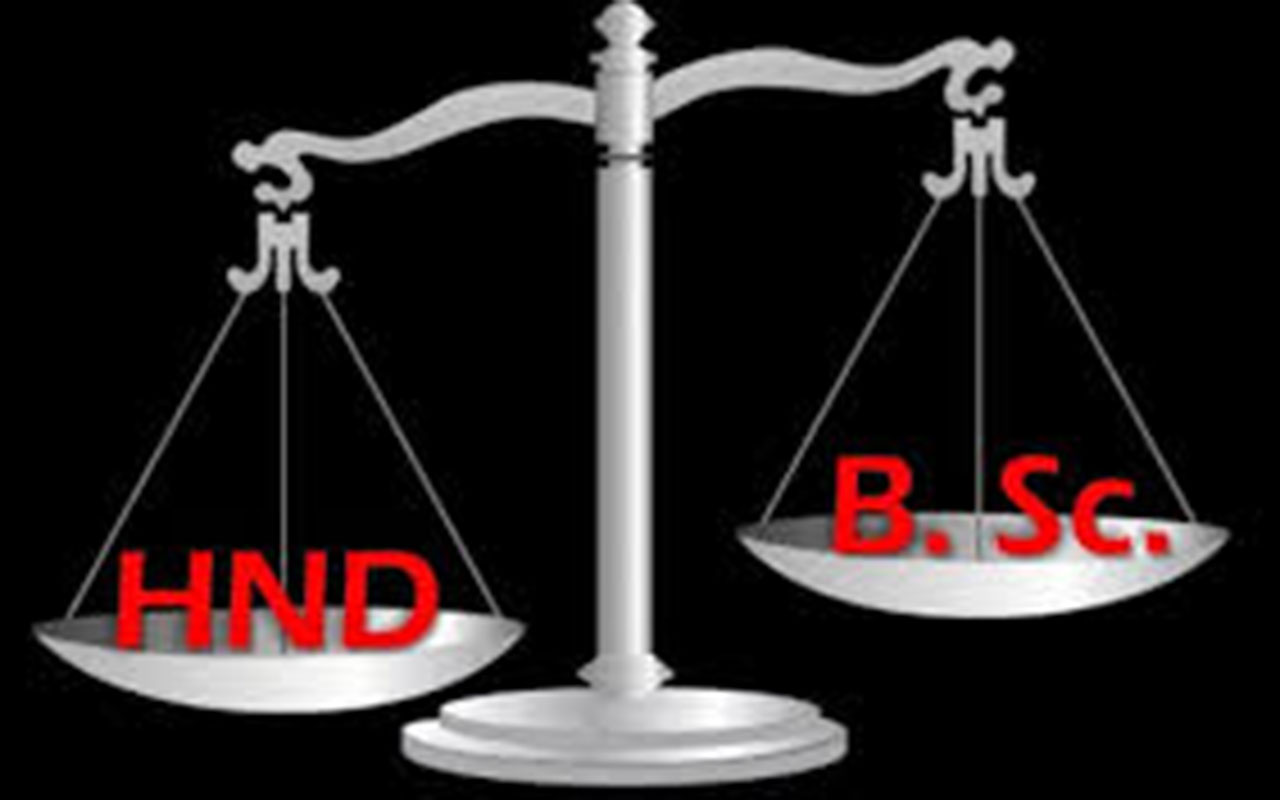
Sir: Governor Uba Sani has clocked six months as the chief executive of Kaduna State. Evaluating his administration through the lens of the ‘‘Sustain’’ manifesto reveals a notable performance, enough to earn him high scores from historians.
Even someone without a historical perspective but possessing a keen understanding of policies and governance, and has been tracking the governor’s actions since May 29, would impartially rate him above 70 per cent.
The term “Sustain” encapsulates the governor’s seven-point agenda, serving as the foundational principles guiding the administration’s development plans for the state.
Poetically crafted to embody Sani’s passion for quality outcomes, each letter in “Sustain” represents a core focus: Safety and Security (S), Upgrade of Infrastructure (U), Strengthening Institutions (S), Trade and Investment (T), Agriculture (A), Investment in Human Capital (I), and Nurturing Citizens Engagement (N). This acronym symbolises the governor’s comprehensive approach to governance and development.
While he may have transitioned from the civil society platform, Sani has assumed a more substantial position, wielding greater responsibility to support, uphold, and prevent the state from disintegration. His primary mandate is to nurture, maintain, and sustain the state, providing assistance and comfort to all demographics in discovering their skills. Ultimately, he aims to validate that the seven-point agenda has not only met but exceeded the electorate’s yearnings and aspirations.
The initial focal point of the agenda is acknowledging the crucial role of safety and security in fostering peaceful coexistence. Sani has taken concrete steps to bolster security, involving collaboration with security agencies, community engagement, meetings with leaders of thought, recruitment of 7,000 vigilantes, and the implementation of technology-driven solutions to combat crime and maintain peace. Notably, the state has witnessed a significant reduction in daily attacks and killings, leading to government initiatives to resettle displaced communities. Reassuringly, Chief of Defence Staff, Gen. Christopher Musa, conveyed plans to restore safety during a recent visit.
The second agenda centres on upgrading infrastructure to meet the state’s burgeoning development needs. This encompasses the construction and upkeep of roads, bridges, and critical infrastructure to enhance transportation and connectivity within the state. A notable milestone occurred on September 2 when the governor inaugurated the construction of a 21.7-kilometer road linking 32 communities across two local governments in the northern senatorial zone, and another 6.2-kilometre road in the Kaura Local Government Area in the southern senatorial zone, and 25-kilometre road in Igabi local government in the central senatorial zone.
The third agenda focuses on strengthening state institutions, including the judiciary and the House of Assembly, to operate independently and in alignment with constitutional mandates. Currently, there is adherence to e-governance and ICT guidelines by ministries, departments, and agencies (MDAs) within the public service. This was acknowledged during the 2023 Nigeria Information Technology Merit Award (NITMA) in Lagos in November, especially in the application of ICT in revenue generation, agriculture, health, and education.
In pursuit of the goal of the fourth agenda, trade and investment, the governor has initiated a partnership with the Qatar Charity Foundation and Qatar Sanabil Foundation to build an economic city at the Millennium City, dedicated to nurturing entrepreneurs to boost global trade. He also plans to train 400 skilled youths quarterly across 19 vocations, including Microsoft CISCO, in the three designated zones. The commencement of this initiative was marked by the construction kickoff of a skill acquisition centre at Igabi Local Council.
James Swam is former secretary of the Nigerian Institute of Public Relations (NIPR), Kaduna State chapter.






